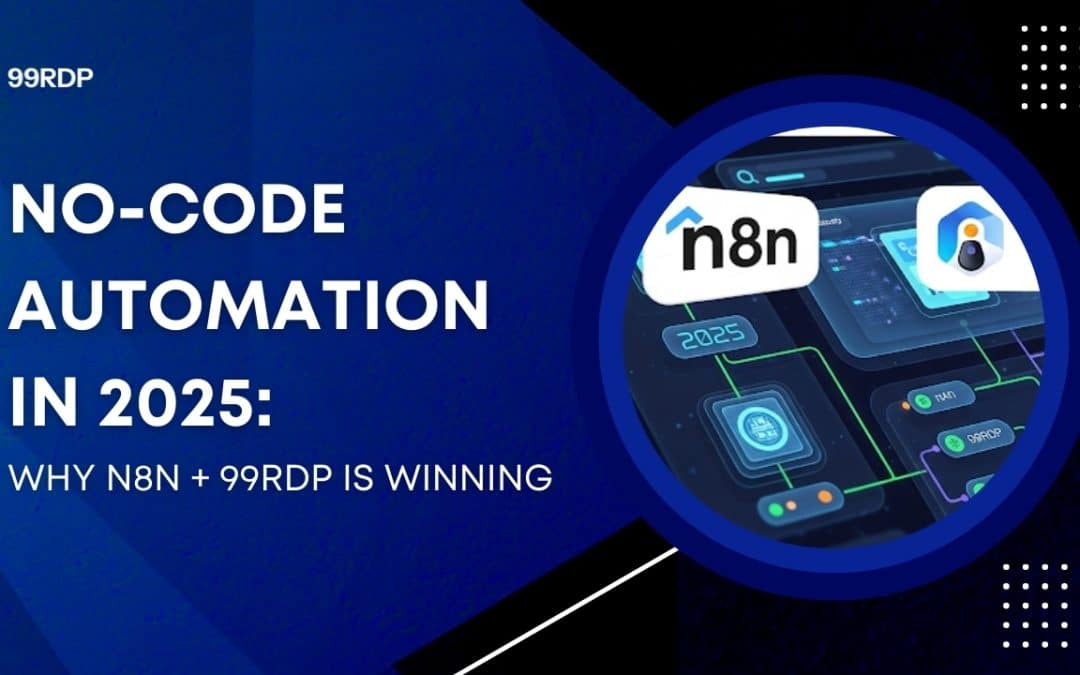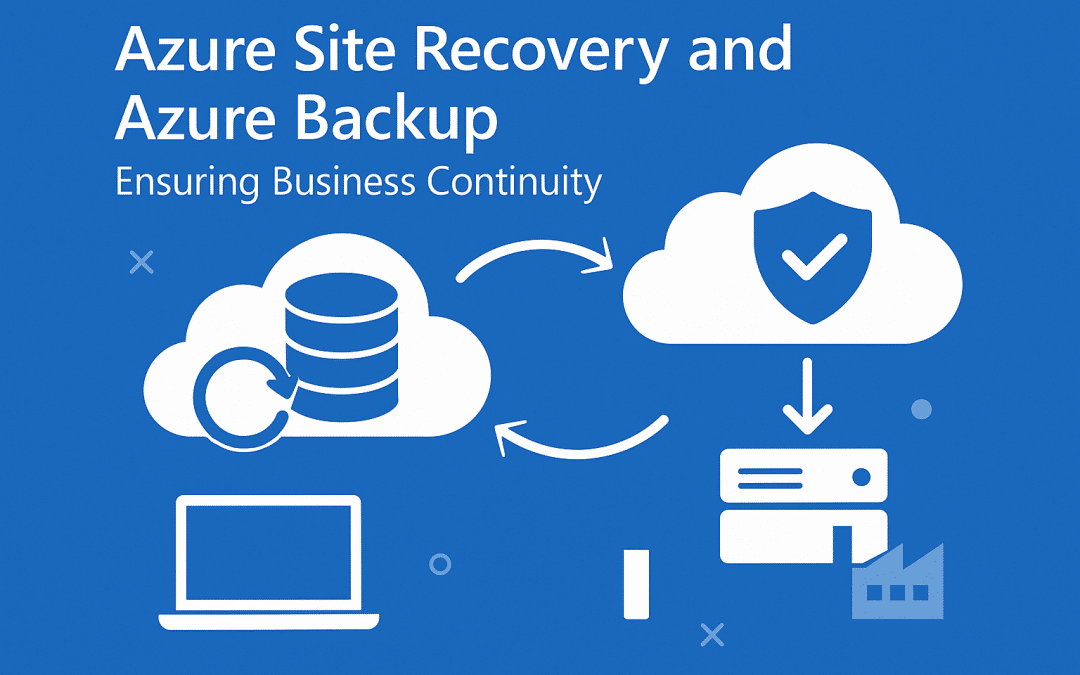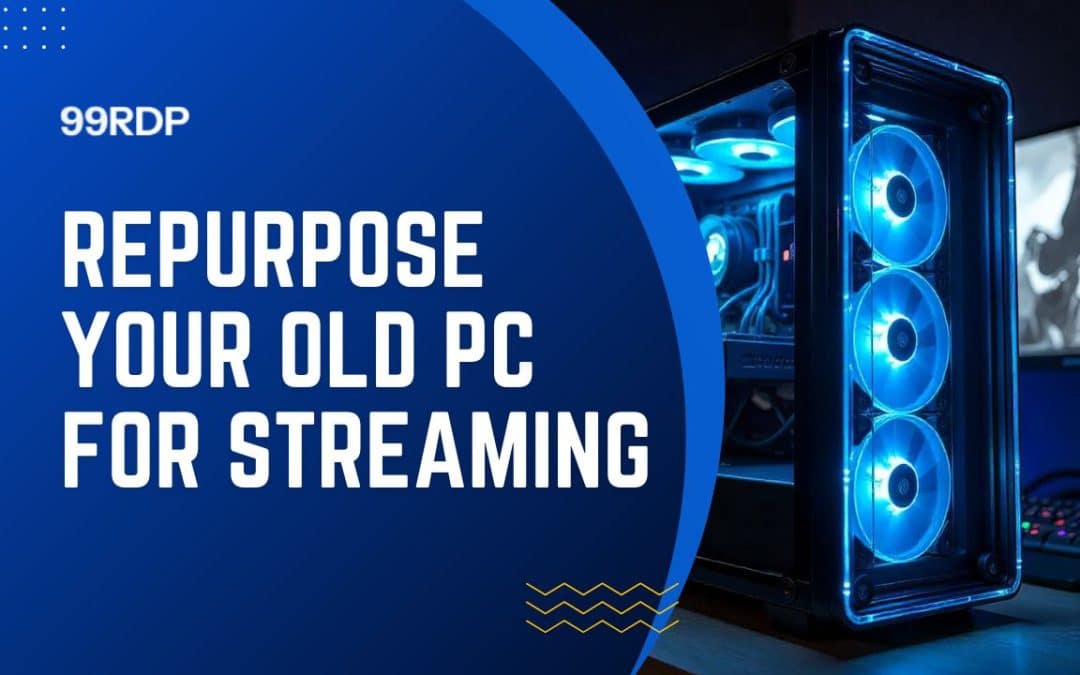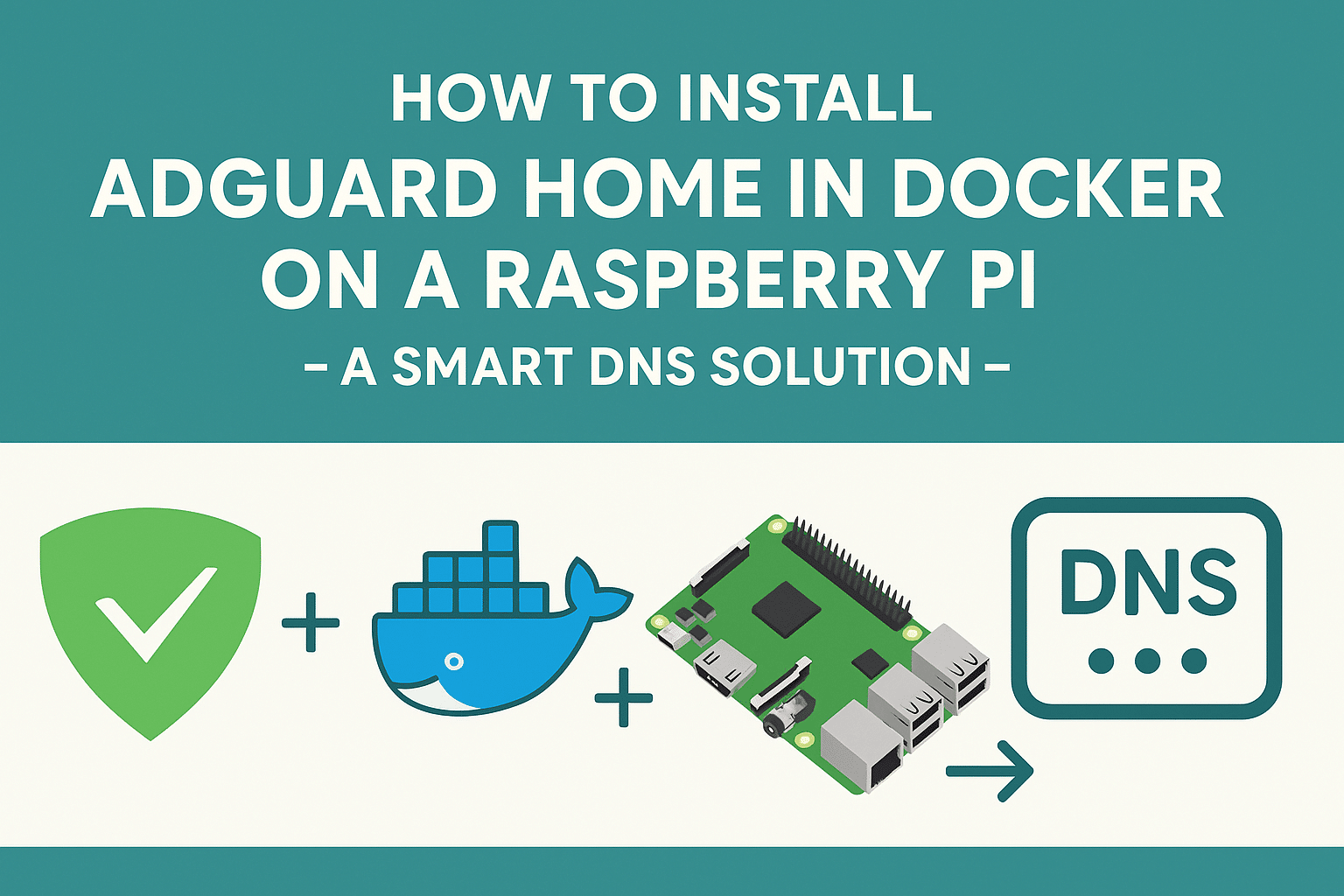
AdGuard Home is a powerful, lightweight network-wide ad blocker that also improves privacy and browsing speed. Running it on a Raspberry Pi with Docker is one of the easiest and cleanest setups you can create. This guide walks you through installing AdGuard Home as a Docker container on a Raspberry Pi host.
Why Use AdGuard Home on Docker + Raspberry Pi?
- Minimal footprint – Perfect for Pi’s limited resources
- Full control – Self-hosted privacy-respecting DNS resolver
- Docker benefits – Isolated, portable, easy-to-update
🛠️ Installation Steps
Prerequisites
- Raspberry Pi (Pi 3, 4, or 5 recommended)
- Raspberry Pi OS or Raspberry Pi OS Lite (Debian-based)
- Docker and Docker Compose installed
(Install Docker:curl -sSL https://get.docker.com | sh)
Step-by-Step Guide
1. Create a Directory for AdGuard Home


mkdir -p ~/adguardhome
cd ~/adguardhome
2. Create a docker-compose.yml File
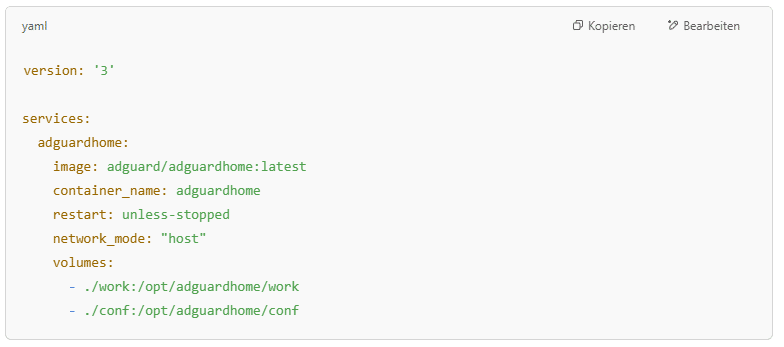
version: '3'
services:
adguardhome:
image: adguard/adguardhome:latest
container_name: adguardhome
restart: unless-stopped
network_mode: "host"
volumes:
- ./work:/opt/adguardhome/work
- ./conf:/opt/adguardhome/conf
💡 Using
network_mode: hostsimplifies DNS setup but only works on Linux hosts like Raspberry Pi.
3. Start the Container

docker compose up -d
4. Access AdGuard Home Web UI
Go to:
http://<your_pi_ip>:3000
Follow the setup wizard to configure DNS, admin credentials, etc.
✅ Is This a Good Idea?
Yes – running AdGuard Home in Docker on a Raspberry Pi is both efficient and privacy-friendly. You avoid cloud-based DNS logging and gain full control over your browsing environment. It’s an ideal low-power solution for home networks.
Install AdGuard Home in Docker on a Raspberry Pi (F.A.Q)
Can I use AdGuard Home alongside Pi-hole?
Yes, but not on the same ports. It’s simpler to use only one at a time.
What ports does AdGuard Home use?
By default, port 53 for DNS, 80 and 3000 for web UI (first-time setup).
Can I block ads on smart TVs and apps?
Yes. As a DNS-level blocker, AdGuard Home blocks ads across your entire network, including mobile apps and smart TVs.
Will it slow down my internet?
No – in fact, DNS-level blocking often speeds up browsing by preventing ad scripts from loading.
